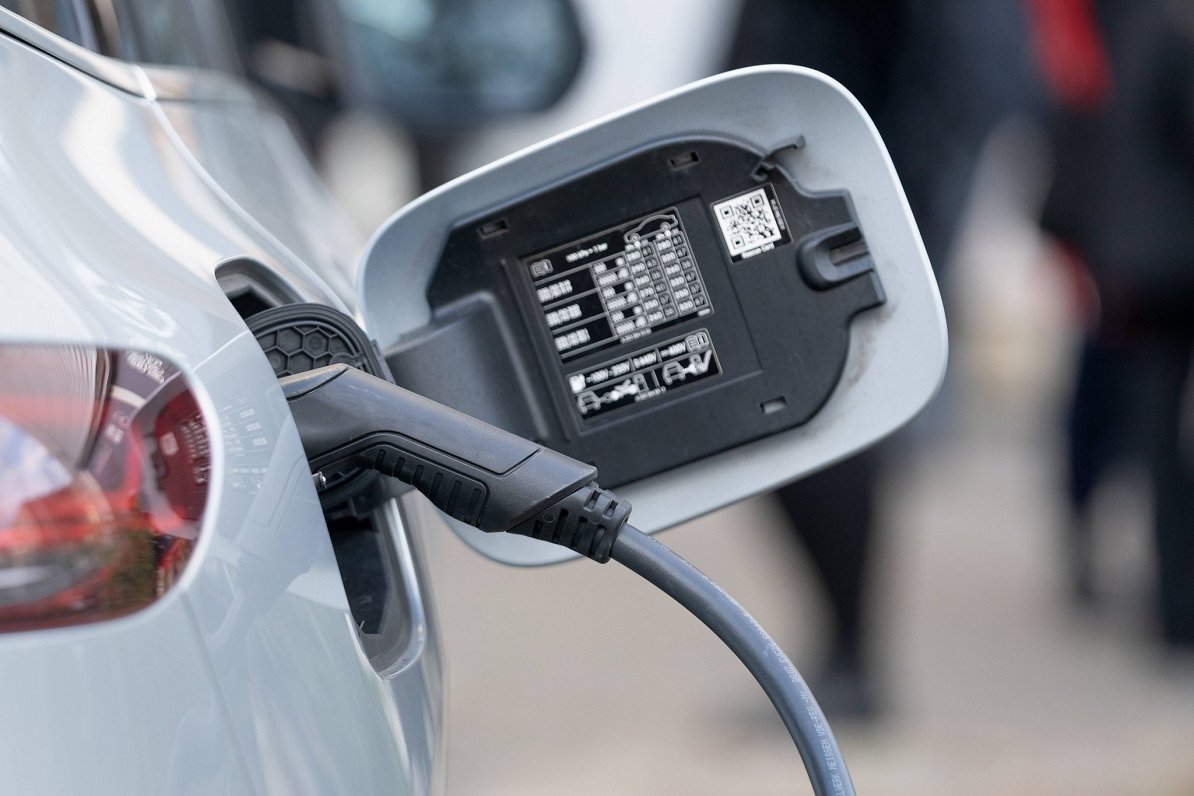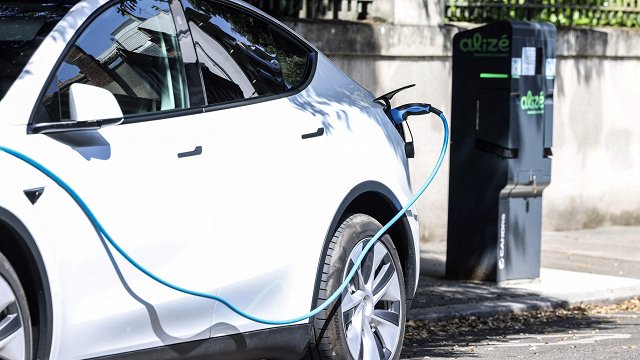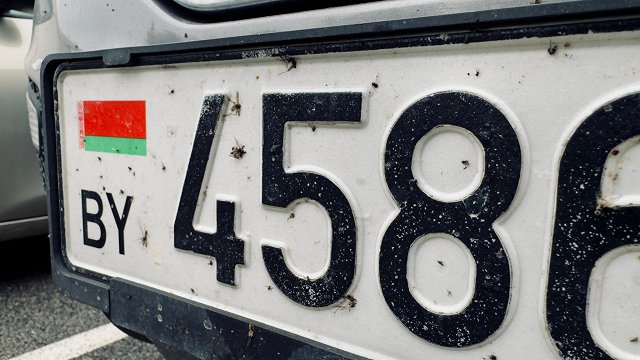Most people plan to buy used cars (61% in Latvia, 68% in Lithuania, 46% in Estonia). The purchase of new cars is considered relatively more often in Estonia - 26%, compared with 17% in Latvia and 12% in Lithuania.
An environmentally friendly car (hybrid or electric car) has been considered as the next car by about a third of respondents. Hybrid vehicles (23% in Latvia, 25% in Lithuania and 28% in Estonia) are mentioned more often than electric cars.
Sergejs Romanuks, head of car financing at Swedbank, said the bank's survey shows that within the next 10 years most or 60% of Latvian residents plan to buy used cars with internal combustion engines. The most active electric car buyers in the Baltic States are Estonians, who also buy new cars more.
“Estonia is most prominent because it is the new car that dominates – 26% new, 46% used, and more than 30% said the next car price will exceed €20,000. This is the difference – Latvian residents still look at cars in the range of up to €15,000. It is certainly related to the solvency of customers - in Estonia, we see twice as many people looking in the direction of new cars, yet in Latvia, the majority are looking at a second-hand car and it also dictates the price as the next car will be,” Romanuks said.
The survey shows that citizens' interest in environmentally friendly cars increases with each year. Romanuks pointed out that state aid encourages interest, but many myths still exist as well.
“Right now, 30 percent of the population would want an environmentally friendly car, while 23 percent of people think more about hybrids and only 6.7 percent think about an electric car.
Talk that electric car charging options are poor in Latvia is indeed a myth. Representatives of the Latvian Electric Car Society founded this autumn are ready to explain this and other myths. Board Member Jānis Bekers said their goal was to educate the public about the benefits of electric cars, thus contributing to the spread of more environmentally friendly cars.
“The reality is that the infrastructure issue that comes with charging is what's most discouraging. And if we look back 10 years, it really was only in some of the big cities. At the moment, the country has done a huge job - the stations created by the CSDD [Road Traffic Safety Inspectorate] have covered all of Latvia,” Bekers noted.
The information on the website of the Latvian Electric Car Society shows that there are currently 499 public charging stations and 5,314 electric cars registered in Latvia. Bekers stressed that state aid to purchase electric cars should be improved.
“That state aid, which was taken as a model used by the whole European Union, with some local particularities, increased the number of electric car purchases quite strongly. This is clearly evident in new car registrations and has been very good support, definitely needs to be continued. They may also need to be simplified somewhat, because, especially when buying maybe second-hand cars, in fact, that bureaucratic mechanism was a bit of an elaborate one,” Bekers said.
Currently, residents have purchased more than 1,100 electric cars with state support, almost half have been bought by Rīga residents.
The survey was conducted in May this year, with 1,000 respondents in each Baltic country.






























